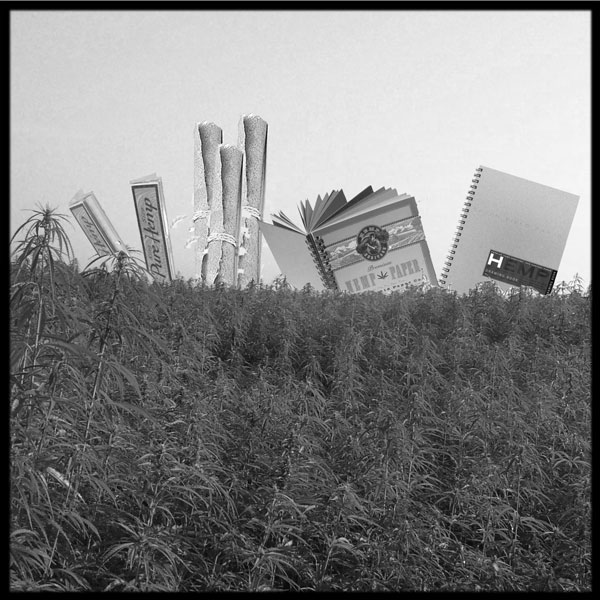Re-posted from the Cannabis Life Network.
Today’s problems seem to be all about the lungs. From poor air quality to the coronavirus, the respiratory onslaught is relentless. As a society, we are getting used to measures like social distancing and masks but still, it’s getting harder to breathe. There are vitamins and herbs out there that improve respiration over time and while they may be beneficial, that is not what this article is about. Instead of focusing on a long term lung plan, this guide is geared towards instant gratification. If you are struggling to breathe from the state of … well, everything, here’s how to cleanse your respiratory system and get all that gunk out of your lungs.
Before you begin…
In order to best cleanse the respiratory system, we must understand how it works and what it does. The respiratory system is responsible for the absorption and transportation of oxygen. In addition, it facilitates waste removal. Composed of our lungs, diaphragm, and airways, and blood vessels, this system affects our overall health and it’s far from defenseless. When germs or smoke particles enter the lungs, they fill with mucus to catch them. So what does all this mean? In order to cleanse your lungs and respiratory system, you need to get rid of the gunk.
Use steam

Steam therapy is the process of inhaling warm water vapor. Doing this helps to moisten your mucous membranes and loosen up gunk by breaking it down. Cold air can dry these membranes out and restrict the blood flow needed to transport oxygen. So, in order to open up your lungs and really clean your respiratory system, turn on your shower and breathe some steam. Then get ready for the next three steps because you got to get a bit gross if you want to get better.
Get out the gunk
Warning, these tips are about to get a little graphic. Regardless, they are all valuable and beneficial for your breathing. As it is regarding respiratory health during a respiratory pandemic, the following instructions were taken directly from Health Link BC.

Detox tip #1 – Controlled coughing
Coughing has become pretty socially unacceptable, making many of us hold them in. However, coughing is the body’s natural mechanism to expel the toxins are lungs have filtered. If you want to have a healthy respiratory system, you need to get comfortable with coughing.

This breathing exercise is so effective, Health Link BC recommends it for people living with COPD:
- Sit on the edge of a chair, and keep both feet on the floor.
- Lean forward a little, and relax.
- Breathe in slowly through your nose, and fold your arms over your belly.
- As you exhale, lean forward. Push your arms against your belly.
- Cough 2 or 3 times as you exhale with your mouth slightly open. Make the coughs short and sharp. Push on your belly with your arms as you cough. The first cough brings mucus through the lung airways. The next coughs bring it up and out.
- Inhale again, but do it slowly and gently through your nose. Do not take quick or deep breaths through your mouth. It can block the mucus coming out of the lungs. It also can cause uncontrolled coughing.
- Rest, and repeat if you need to.
Detox tip #3 Postural Drainage – Using gravity

Postural drainage is the process of lying in strategic positions in order to encourage mucus drainage. Each position should be held for 5 minutes each and be sure to have an empty stomach. Lie down on a bed or the floor and use pillows to help you with different positions.
To drain the front of your lungs

- Lie on your back. Make sure that your chest is lower than your hips. Put two pillows under your hips. Use a small pillow under your head. Keep your arms at your sides.
- Then follow these instructions for breathing: With one hand on your belly and the other on your chest, breathe in. Push your belly out as far as possible. You should be able to feel the hand on your belly move out, while the hand on your chest should not move. When you breathe out, you should be able to feel the hand on your belly move in. This is called belly breathing or diaphragmatic breathing and it will be used in the other drainage positions too.
To drain the sides of your lungs

- Do this step as you lie on one side. Then turn over, and do it on the other side.
- Place two or three pillows under your hips. Use a small pillow under your head. Make sure your chest is lower than your hips.
- Use belly breathing. After 5 or 10 minutes, switch sides.
To drain the back of your lungs

- Lie on your stomach.
- Place two or three pillows under your hips. Use a small pillow under your head.
- Place your arms by your head.
- Use belly breathing.
Detox tip #3 Chest percussion
Chest percussion involves tapping your chest with a cupped hand to break up the mucus within the lungs. Sometimes, it is followed by vibration to the area. But, before you start banging your chest, you need to be aware of the places to avoid. According to the Cystic Fibrosis Foundation, “Special attention must be taken to not clap over the spine, breastbone, stomach and lower ribs or back to prevent injury to the spleen on the left, the liver on the right and the kidneys in the lower back.”

Chest percussion is not random as you target each lobe of each lung for 1-2 minutes. You can easily do it on yourself or with a loved one that is in your quarantine bubble.

Don’t despair because the smoke will clear and this too shall pass! In the meantime, we could all show our respiratory systems some love. Now, you know what to do.




